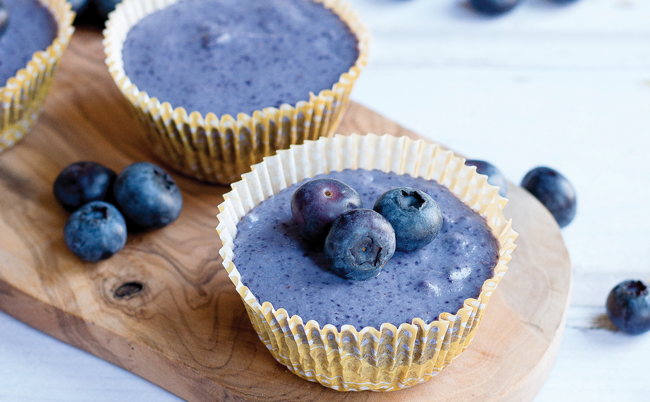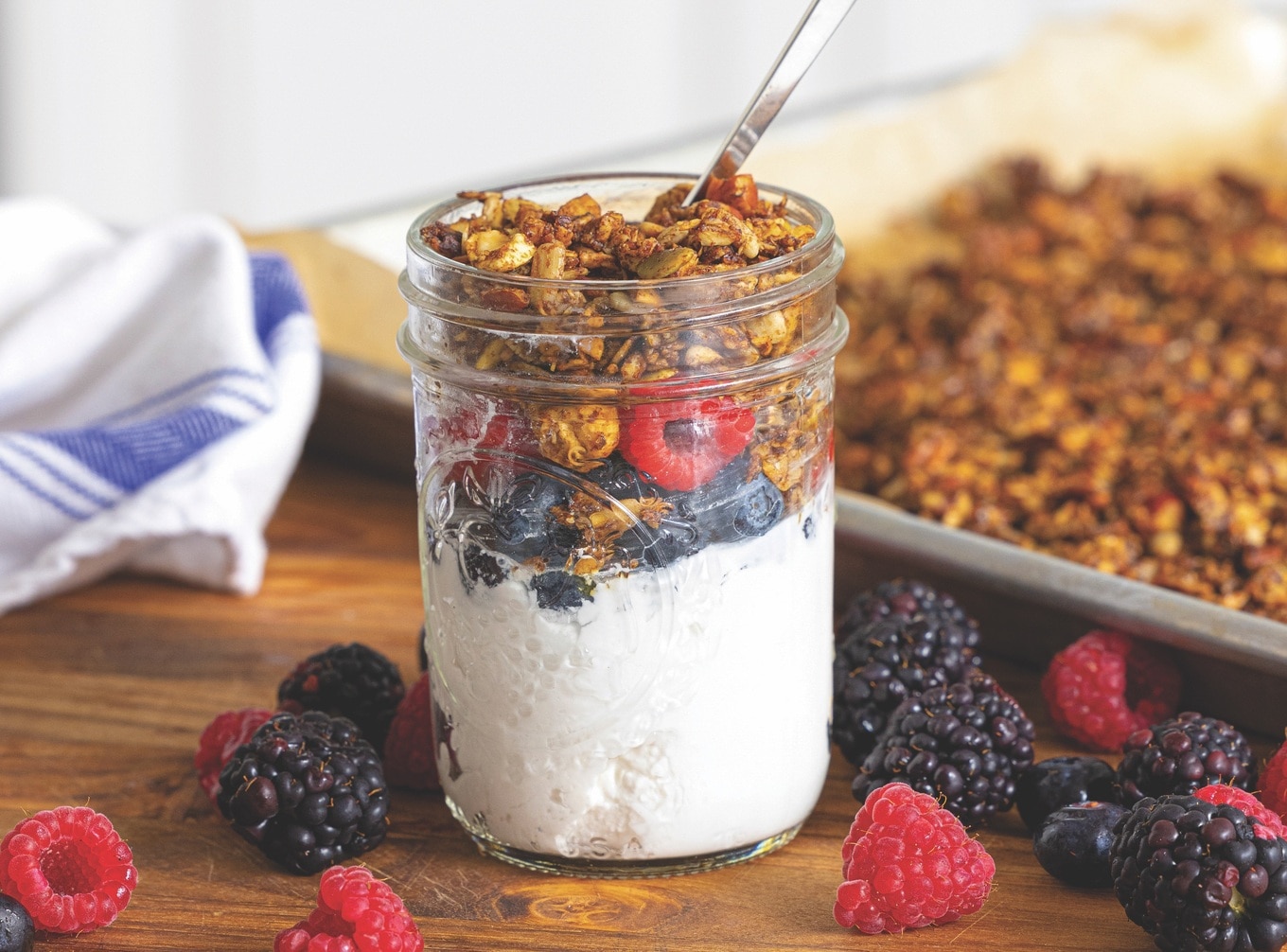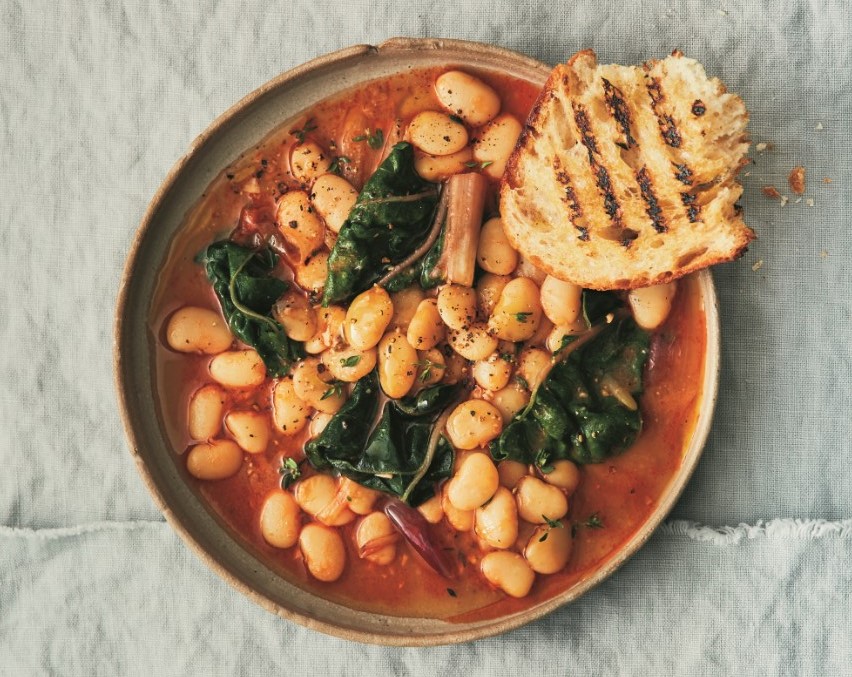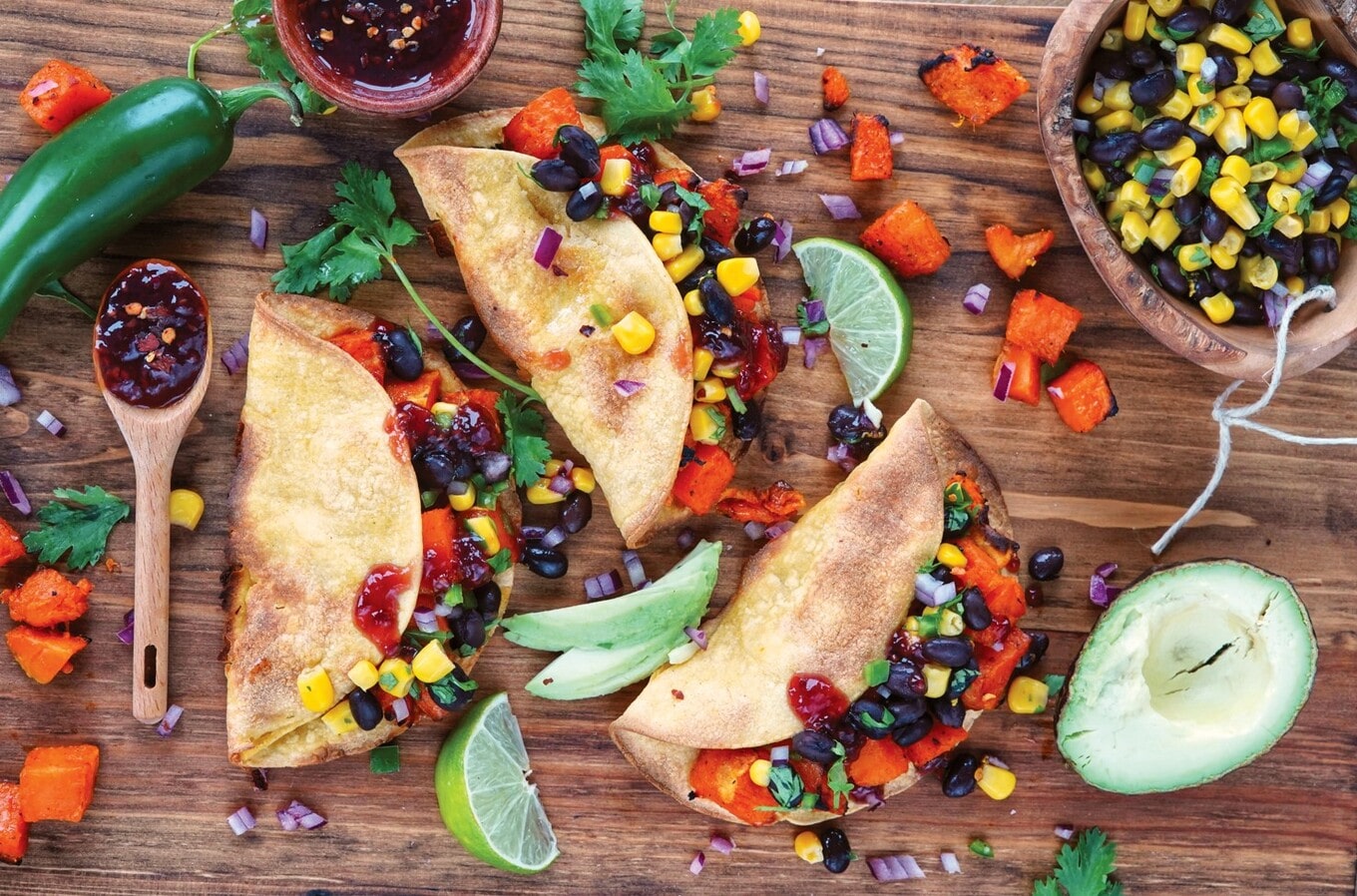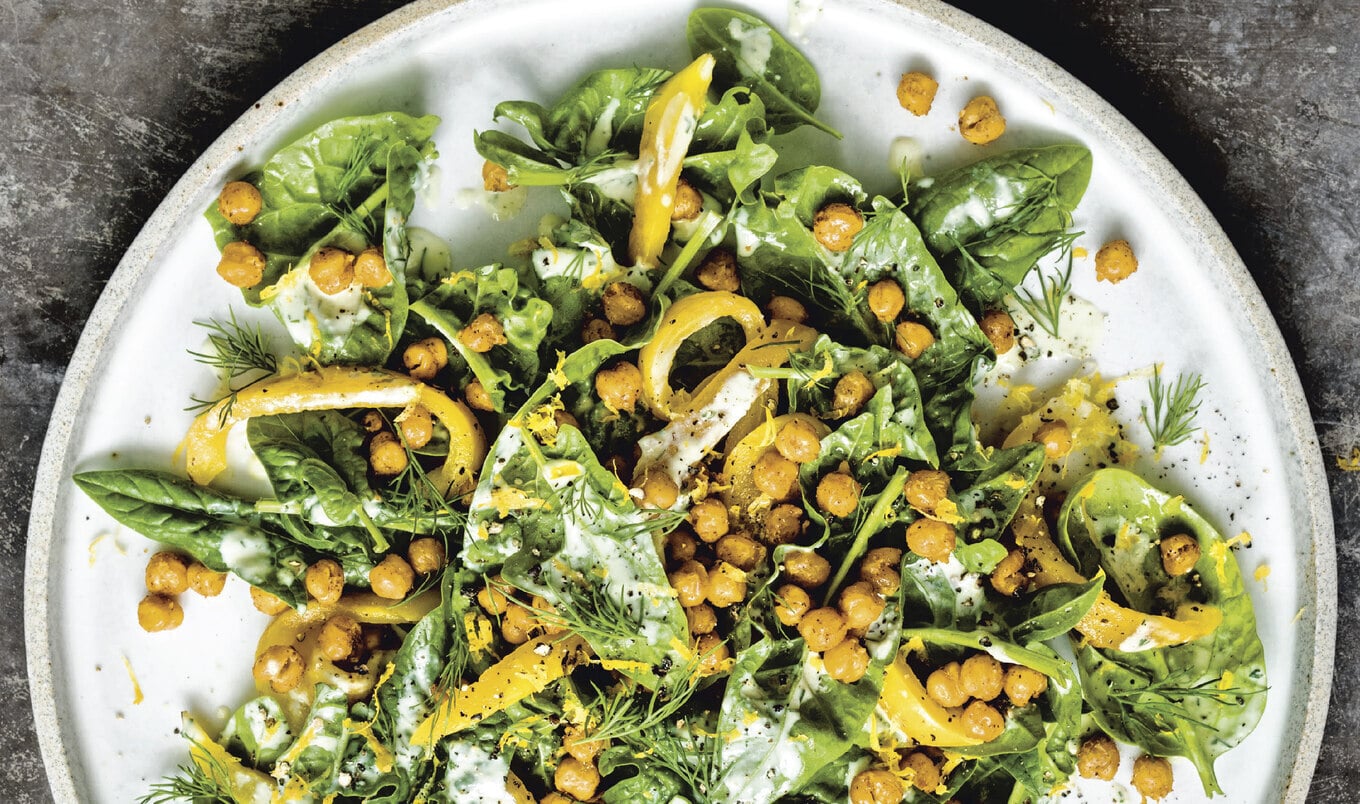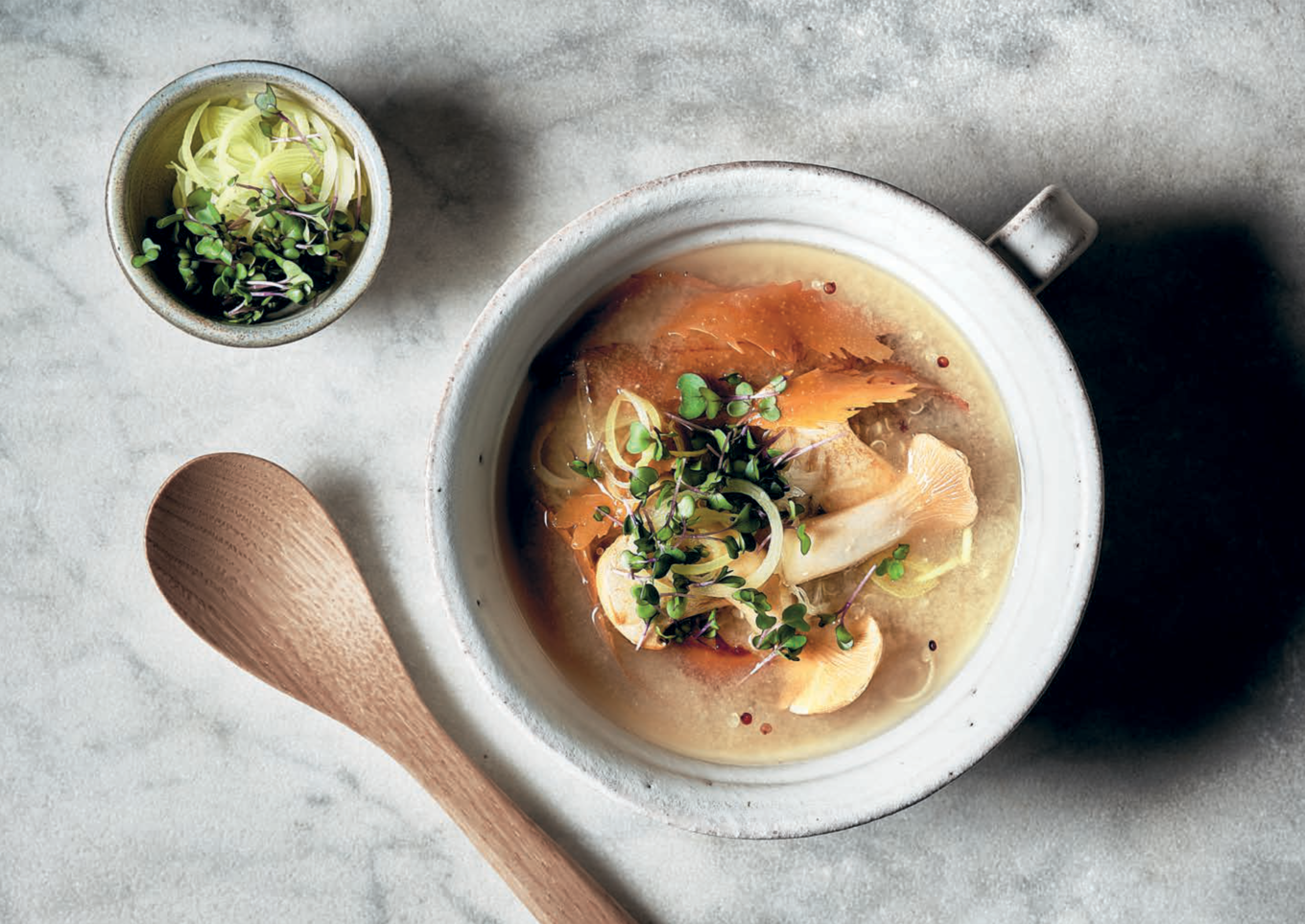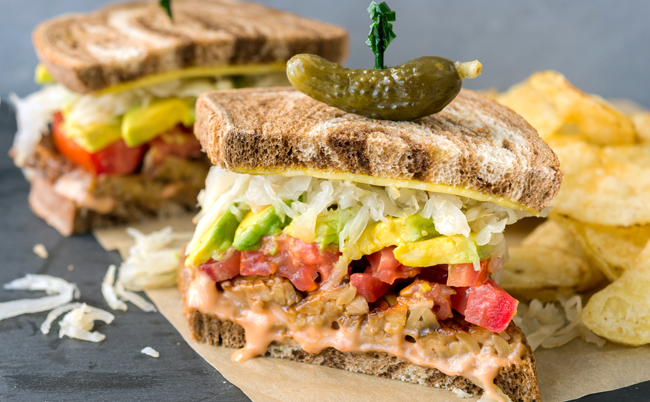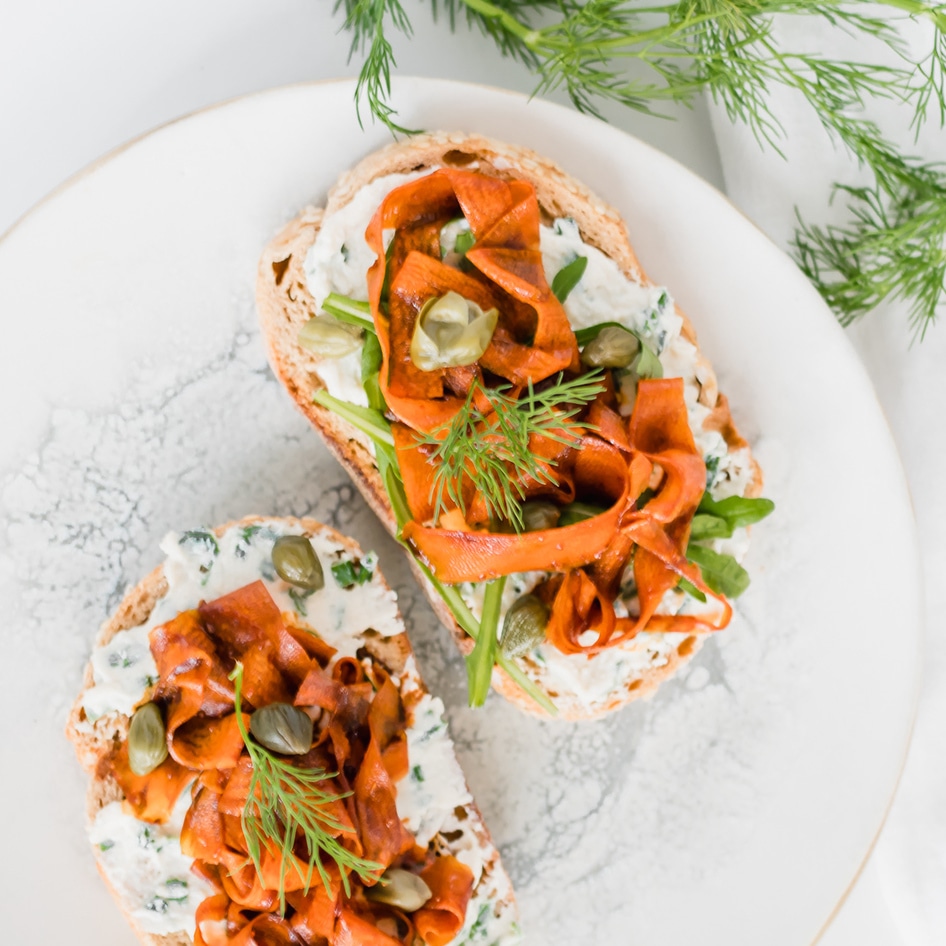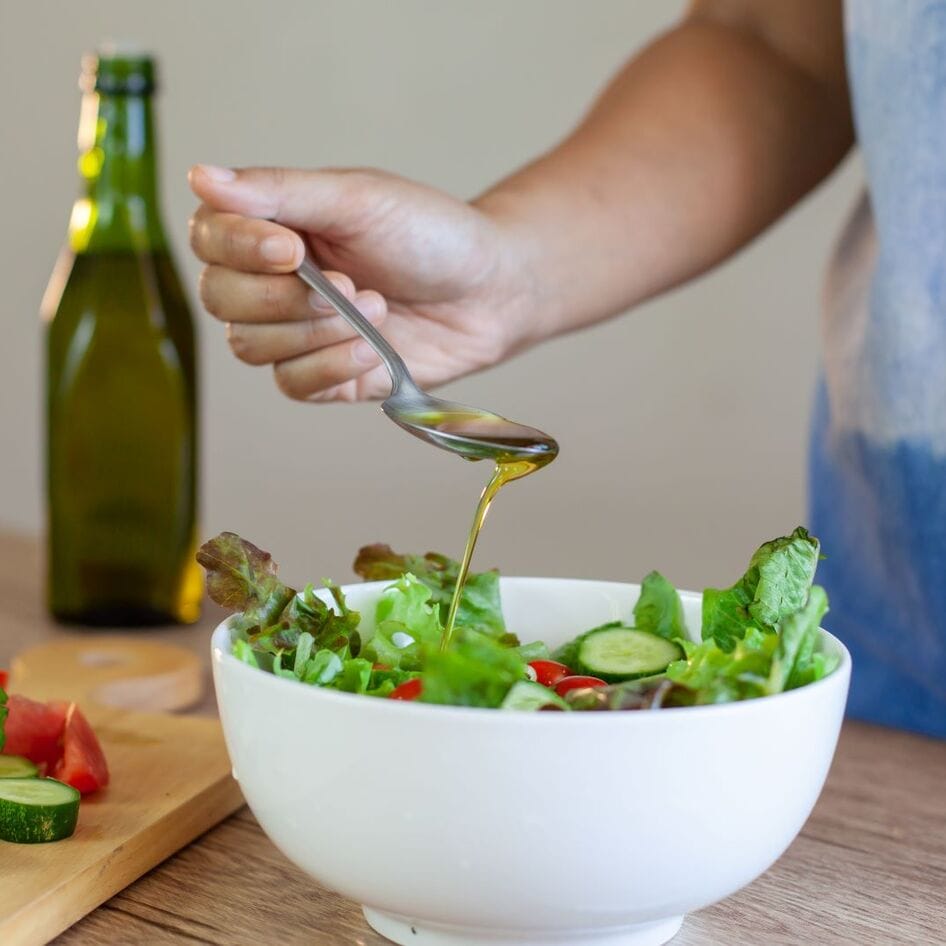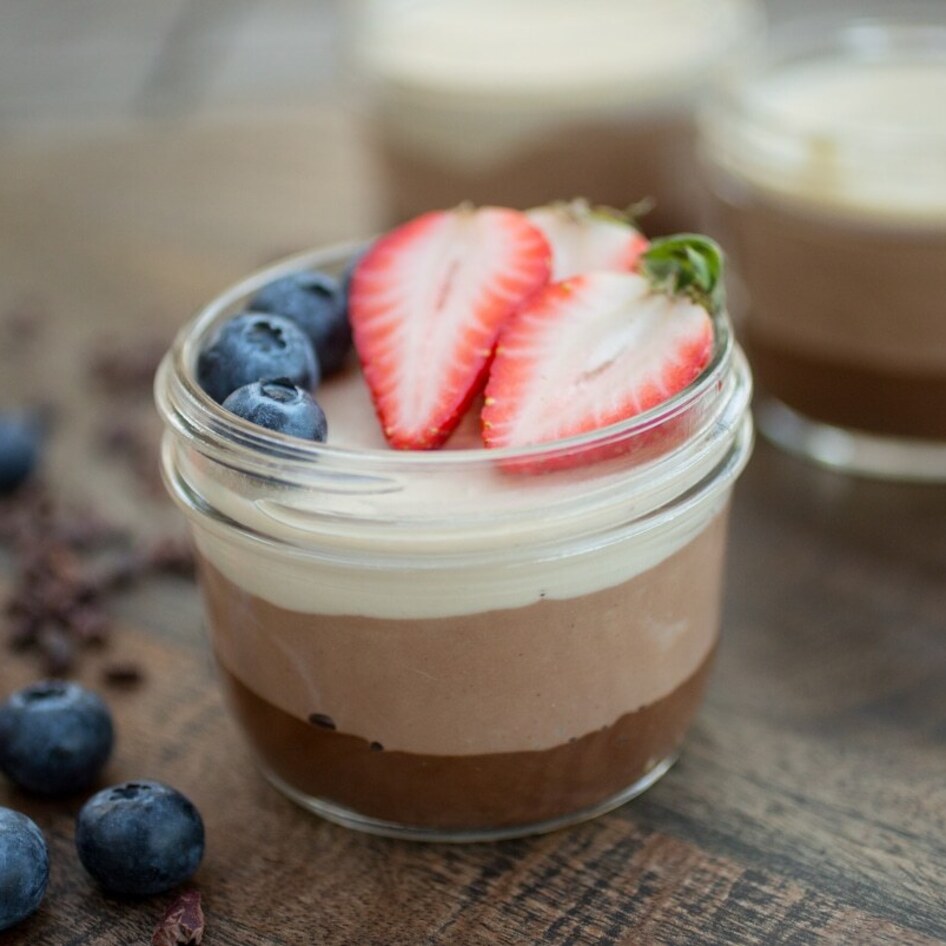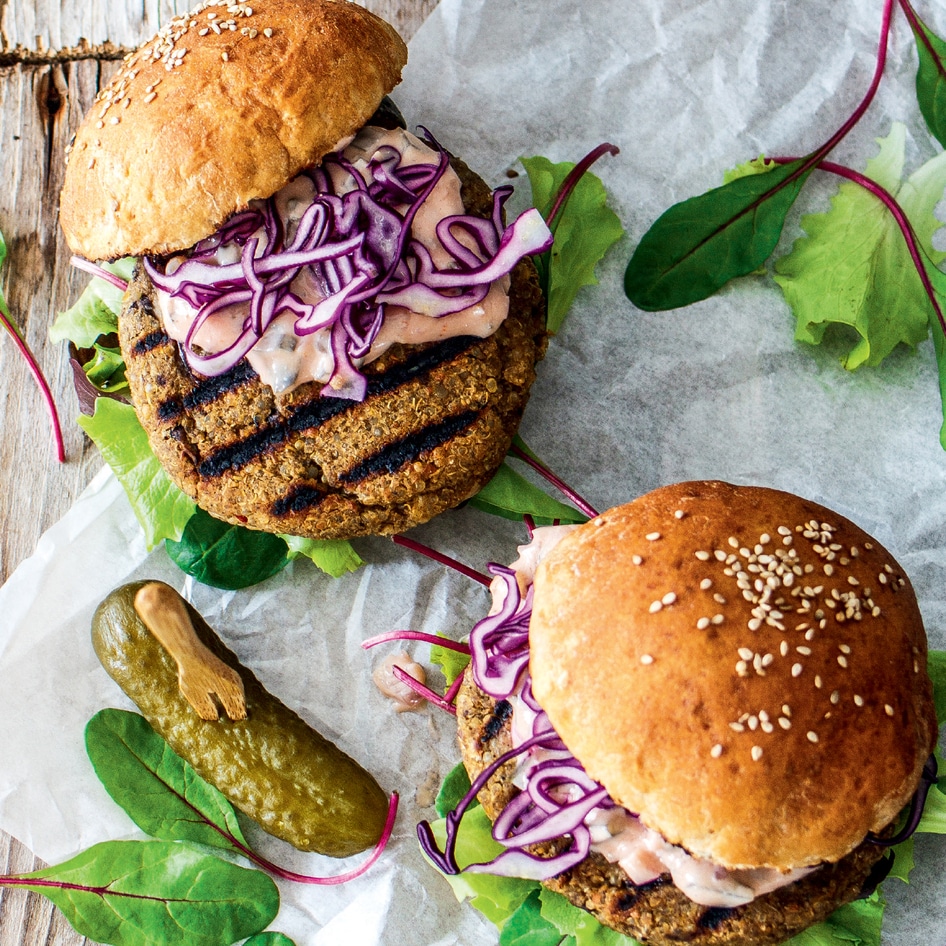The people of the world’s five Blue Zones have much in common, including regular natural movement, community, and a lack of chronic stress. But, as we saw in the Netflix documentary Live to 100: Secrets of the Blue Zones, one of the biggest factors that links them all together is diet.
Across Okinawa in Japan, Sardinia in Italy, Ikaria in Greece, Nicoya in Costa Rica, and Loma Linda, CA in the US, people are eating a substantial amount of plants. Their diets consist of mostly vegetables, fruits, grains, beans, and legumes—in other words, plant-based, whole foods.
And while some have questioned the validity of the Blue Zones’ longevity claims, independent, scientific research has shown that plant-based, whole-food diets are one of the healthiest ways to eat and can even combat chronic disease.
Can diet really help you live longer?
Research suggests that the way we eat has a big impact on our health. Loading our diets with plants, especially, can reduce the risk of several chronic diseases, including heart disease (the biggest cause of death in the world) and certain types of cancer. That’s why earlier this year, the annual US News & World Report named the Mediterranean diet, which emphasizes whole foods, healthy fats, beans, and greens, as the healthiest way to eat for the eighth year in a row.
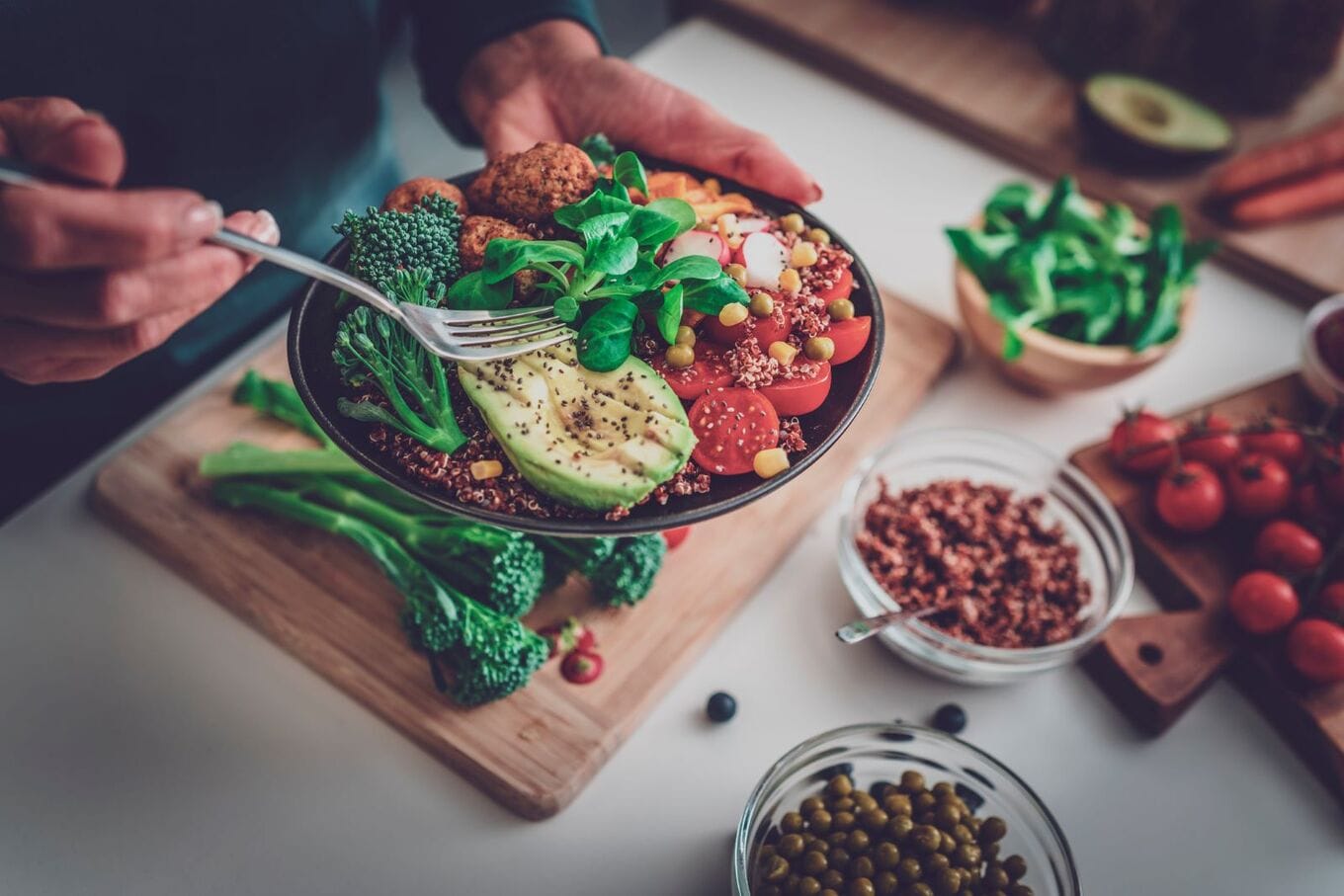 Getty
Getty
“The Mediterranean diet focuses on diet quality rather than a single nutrient or food group,” noted the publication, which compiles its annual diet lists with the help of nationally recognized dietitians. “Numerous studies have shown that it reduces the risk of chronic health conditions, including heart disease and type 2 diabetes while promoting longevity and improving quality of life.”
Several studies on individual plant-based foods back up the report. In 2023, one study suggested that eating a handful of nuts every day could reduce the risk of depression by 17 percent. That same year, another study noted that half a tablespoon of olive oil a day may cut dementia risk by 28 percent. And yet another study found that soybeans could help lower LDL cholesterol levels, which may reduce the risk of heart disease.
The best foods for a long, healthy life, according to experts
Eating healthy, plant-based foods isn’t a guarantee you’ll live to 100, of course. However multiple experts maintain it can increase the likelihood. Below, we spoke to three nutrition and medical experts to get their top picks for the best foods for longevity, and all of them—from berries to nuts—are simple ingredients you can find in most grocery stores and farmers’ markets. We’ve also included a few recipe ideas to make it easier for you to incorporate these healthy foods into your daily routine.
BECOME A VEGNEWS VIP: Get exclusive product deals, freebies, and perks galore!
1 Berries
“When considering berries, strawberries, raspberries, and blueberries are what you want to reach for,” says Palina Lancaster, MS, RDN, LD. “However, in study after study, blueberries take home the prize for their contribution to slow age-related damage to brain cells, by providing antioxidant-rich phytochemicals. One serving also provides 24 percent of vitamin K which helps with blood clotting and building bones. These are great in salads or straight from the garden.”
Try berries in a recipe: Mini Blueberry Raw Vegan Cheesecakes
2 Nuts
“Most nuts are rich in healthy fats, fiber, and antioxidants,” says Laura M. Ali, MS, RDN, a culinary nutritionist and author of MIND Diet for Two. “Walnuts are rich in plant-based omega-3 fatty acids, fiber, and antioxidants and have been shown to reduce the risk of heart disease and strokes,” she adds. “Almonds may help with controlling blood sugar, and pistachios are filled with the antioxidants lutein and zeaxanthin, which are important for supporting our eye health as we age.”
Try nuts in a recipe: Nutty Vegan Cinnamon Walnut-Pecan Granola
3 Beans
“Besides providing fiber and plant protein, beans contain antioxidants that help the body remove free radicals,” says Menka Gupta, MD. “Thus they protect against cell damage and reduce the risk of various diseases. Beans are rich in various vitamins and minerals such as iron, folate, magnesium, and potassium as well. This means they help with improved blood sugar control, lower cholesterol levels, improved gut microbiome, and weight management.”
Try beans in a recipe: Vegan Shortcut Brothy Beans
4 Sweet potatoes
“These colorful beauties make the list for helping prevent oxidative damage due to their high antioxidant content,” says Lancaster. “They offer an abundance of vitamin A, which facilitates your body’s natural defense against infection, helps with vision, and contains carotenoids which may reduce certain cancers and eye disease. Not to mention, sweet potatoes are another great source of fiber. I love to dice these, sauté them in a skillet, and add them to my salad.”
Try sweet potato in a recipe: Smoky Vegan Sweet Potato Tacos
5 Leafy greens
“Spinach, kale, and collard greens are high in vitamins A, C, and K, and minerals like iron and calcium,” says Gupta. “They also contain powerful phytonutrients and are low in calories.” Lancaster is also a big fan of greens. “Just one serving a day has been shown to help slow down age-related cognitive decline. I love to eat these in a salad, or cooked with a piece of cornbread,” she adds.
Try leafy greens in a recipe: Zesty Vegan Spinach Salad With Blackened Chickpeas
6 Whole grains
“Whole grains such as quinoa can be eaten alone or added to almost any dish to boost the content of iron, folate, and fiber,” explains Lancaster. “These tiny pearls of goodness have been shown to lower the risk of premature death, and other chronic diseases by about 17 percent, due to their high antioxidant and anti-inflammatory plant compounds.”
Try whole grains in a recipe: Vegan Miso Soup With King Oyster Mushrooms, Quinoa, and Seaweed
7 Fermented foods
“Fermented foods like sauerkraut or kimchi are full of probiotics that aid in digestion and may help reduce inflammation,” notes Lancaster. “They also contain vitamin C, which facilitates collagen production. They are high in fiber and antioxidants, which arrest free radicals that speed up the aging process and damage our cells. Fermenting your veggies is a great way to enjoy harvest in season, and reduce waste. I like to eat fermented cabbage straight out of the jar.”
Try fermented foods in a recipe: New York-Style Vegan Reuben
For more plant-based stories like this, read:
JUMP TO ... Latest News | Recipes | Guides | Health | Subscribe
Here at VegNews, we live and breathe the plant-based lifestyle, and only recommend products we feel make our lives amazing. Occasionally, articles may include shopping links where we might earn a small commission, but in no way does this effect the editorial integrity of VegNews.


